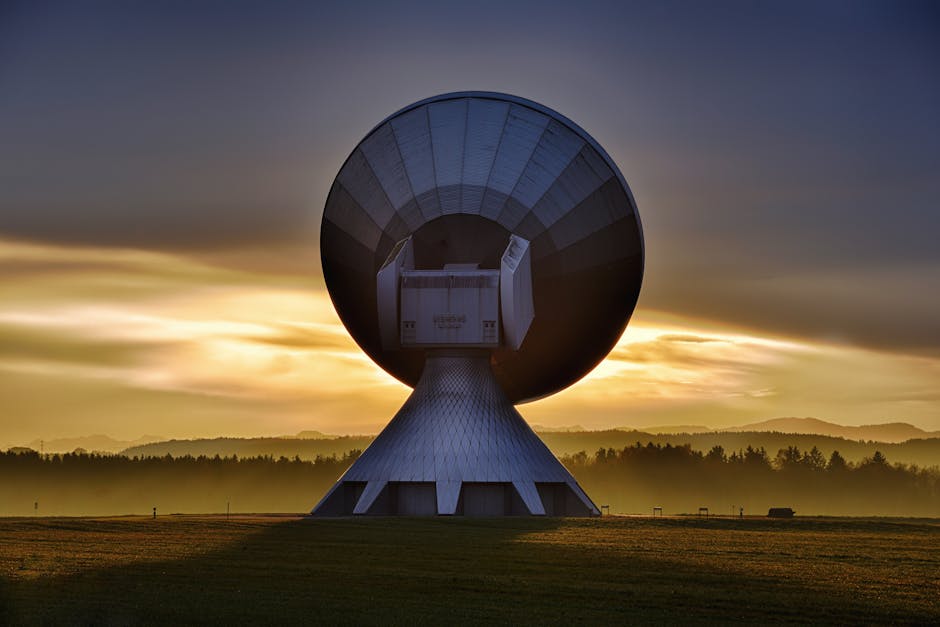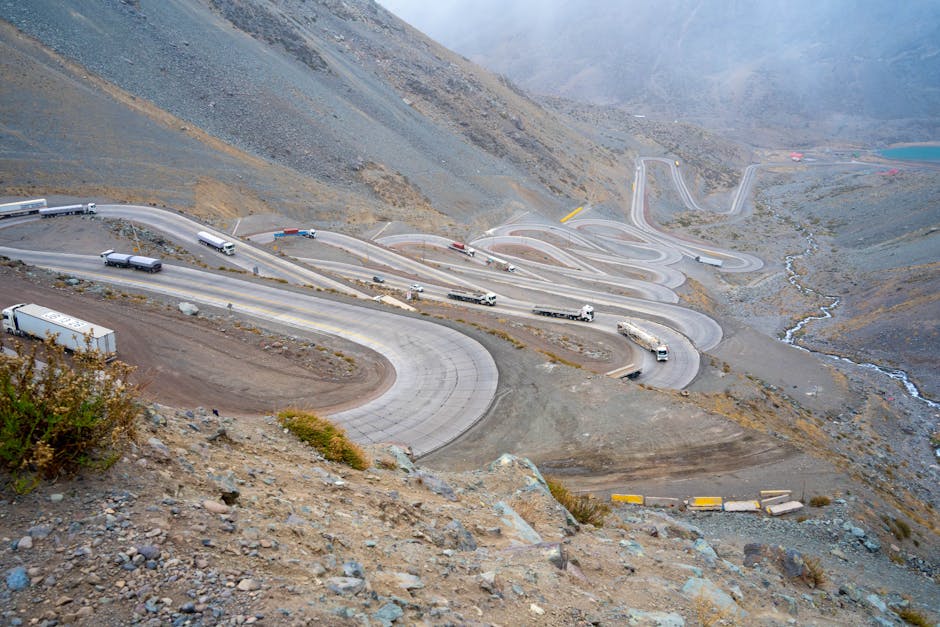
The Future of Satellites: Revolutionizing Connectivity and Exploration
The future of satellites is closely tied to the concept of Future of satellites, as these orbiting platforms are poised to play an increasingly vital role in shaping the course of human history. With advancements in technology and the growing demand for global connectivity, the satellite industry is on the cusp of a revolution that will transform the way we communicate, navigate, and explore our planet.
One of the most significant trends in the future of satellites is the proliferation of small satellites, also known as smallsats. These compact, low-cost orbiters are being developed by companies and organizations around the world, with the goal of providing high-speed internet access to underserved communities and enabling new scientific research opportunities. Smallsats are typically launched into low Earth orbit, where they can operate for extended periods of time, collecting data, transmitting signals, and providing critical services to users on the ground.
Another key area of focus in the future of satellites is the development of constellations, which involve launching hundreds or even thousands of small satellites into orbit to create a network of interconnected platforms. These constellations will enable the provision of global broadband services, including high-speed internet, voice telephony, and data transmission. Companies such as SpaceX, Amazon, and OneWeb are leading the charge in this area, with plans to launch vast constellations of small satellites in the coming years.
Advancements in Satellite Technology
Advances in satellite technology are driving the future of satellites, with innovations in areas such as propulsion systems, power generation, and communication equipment. For example, the development of electric propulsion systems is enabling satellites to operate more efficiently and extend their lifespan. Similarly, the use of solar panels and other renewable energy sources is reducing the environmental impact of satellite operations and minimizing the risk of launch failures.
The future of satellites also holds great promise for space exploration, as these orbiting platforms will play a critical role in supporting manned missions to the Moon, Mars, and beyond. Satellites will provide vital communication links between spacecraft and mission control, as well as enable the transmission of critical data and telemetry information. Furthermore, satellites will be used to study the Earth’s environment, monitor climate change, and track natural disasters, providing invaluable insights for scientists and policymakers.
Challenges and Opportunities in the Future of Satellites
Despite the many advantages and opportunities presented by the future of satellites, there are also significant challenges that must be addressed. One of the most pressing concerns is the issue of space debris, which poses a major risk to the safety and sustainability of satellite operations. As the number of satellites in orbit increases, so too does the likelihood of collisions and other accidents, which can have catastrophic consequences for the entire satellite industry.
Another challenge facing the future of satellites is the need for regulatory frameworks that can keep pace with the rapid evolution of the industry. Governments and international organizations must work together to establish clear guidelines and standards for satellite operations, including rules for launch, operation, and disposal. This will help to ensure that the benefits of satellites are shared equitably and that the risks are managed effectively.
Conclusion
In conclusion, the future of satellites is a complex and multifaceted topic that holds tremendous promise for advancing global connectivity, enabling new scientific discoveries, and transforming the way we live and work. As the satellite industry continues to evolve, it is essential that we address the challenges and opportunities presented by this technology, from the development of small satellites and constellations to the need for regulatory frameworks and the management of space debris.






